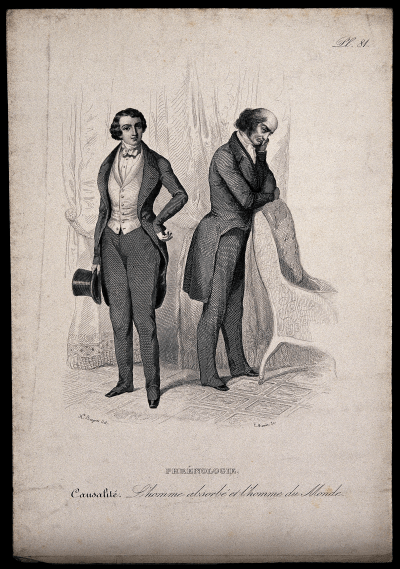On being extrovert
Or extravert depending on the author
Yep, I'm an extrovert and people already working with me would agree. Yet I am also quite shy, when talking to people I don’t know, even when we work for the same company! Most of the time I urge a colleague to introduce us. I struggle to introduce myself but I’ll do it when needed.

Another interesting thing is when people confuse extroversion with working as a manager. Sure I work with engineers, helping them deliver and grow professionally but it has little to do with extroversion/introversion.
Effective management is about leading, delegating, organising and supporting. Ensuring people have ownership so they can excel solving problems. It has little to do with chatting to people until exhaustion. There are many tools and schools, not to mention good, great and poor books.
Actually, extroversion according to many personality instruments such as MBTI, the Myer-Briggs type indicator, is about “how we recharge batteries” not how outspoken nor how much you express your feelings. Extroverts recharge spending time with people, introverts recharge alone, for instance writing or reading. That doesn’t make introverts anti-socials at all.
One big benefit of extroversion is being able to meet people an extra mile or two, since you usually get recharged. It does not mean you can process all the emotions that you encounter during the day, particularly low feelings that reflect unmet needs, for instance when handling rejection or hearing bad news.
Active listening, I mean being there and not just hearing, is a precious skill, very useful when you are a manager. It’s very hard to understand without listening and hard things are even more difficult to listen to. Extroversion doesn’t give you listening powers, but you can, if you pay attention, listen for longer, and in most cases being more energetic after the conversation.
Moreover, being an extrovert doesn’t give you superpowers when delivering presentations (or at least not to me). I would still need to prepare the notes and practice, and do dry-runs with supporting people that provide constructive feedback. What’s really cool is being able to re-run the deck with different audiences many times without getting tired because everytime you practice you get better and recharged.
One last note on tests that label you A or B. MBTI is an interesting tool, as are other personality inventories such as DISC Profile and Clifton’s strengths. The key when using them, is explore how to expand the boundaries and keep doing more of what makes you stronger. The test may tell me that I am an imaginative motivator but in practice we are not just a snapshot.

